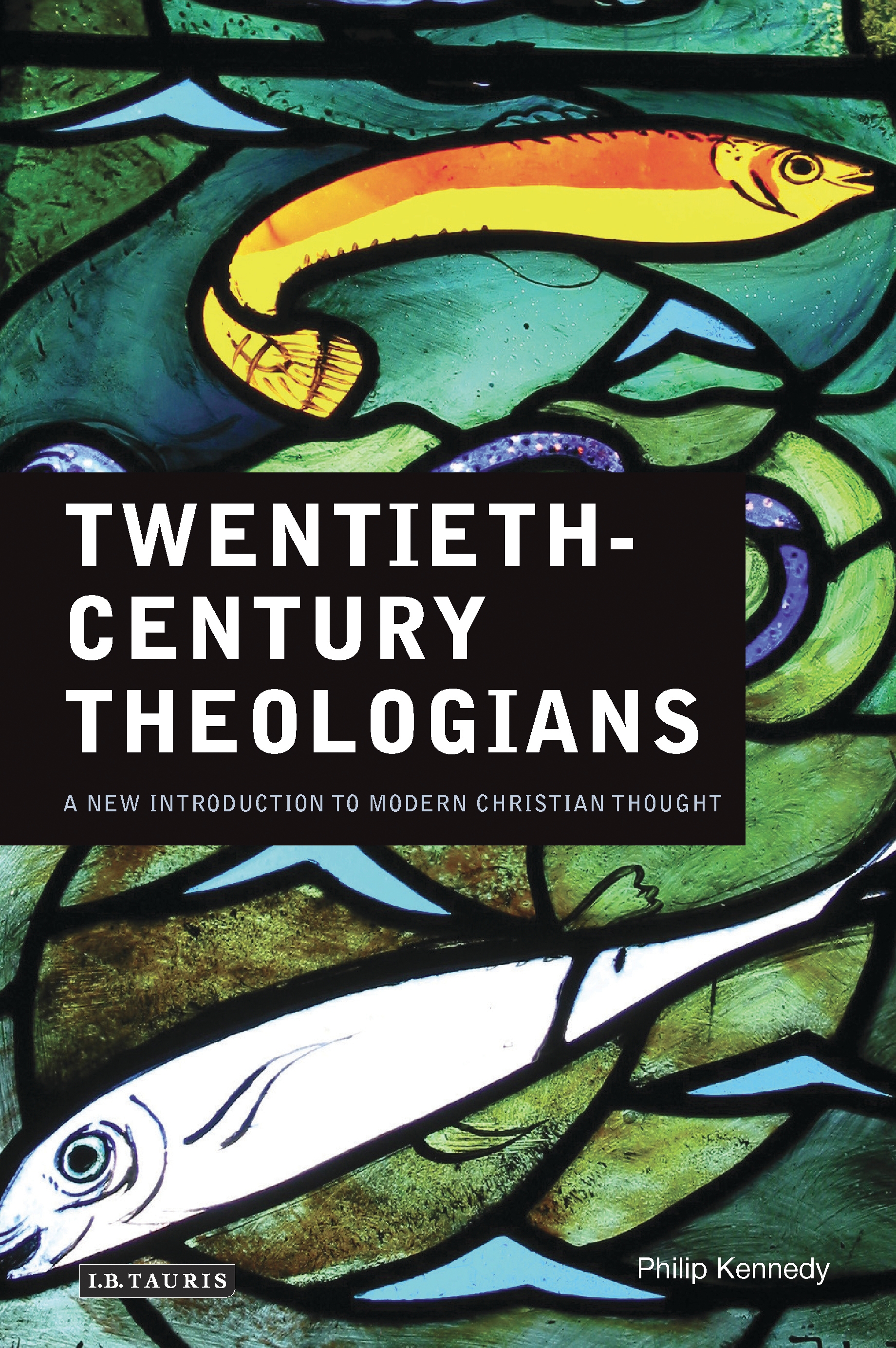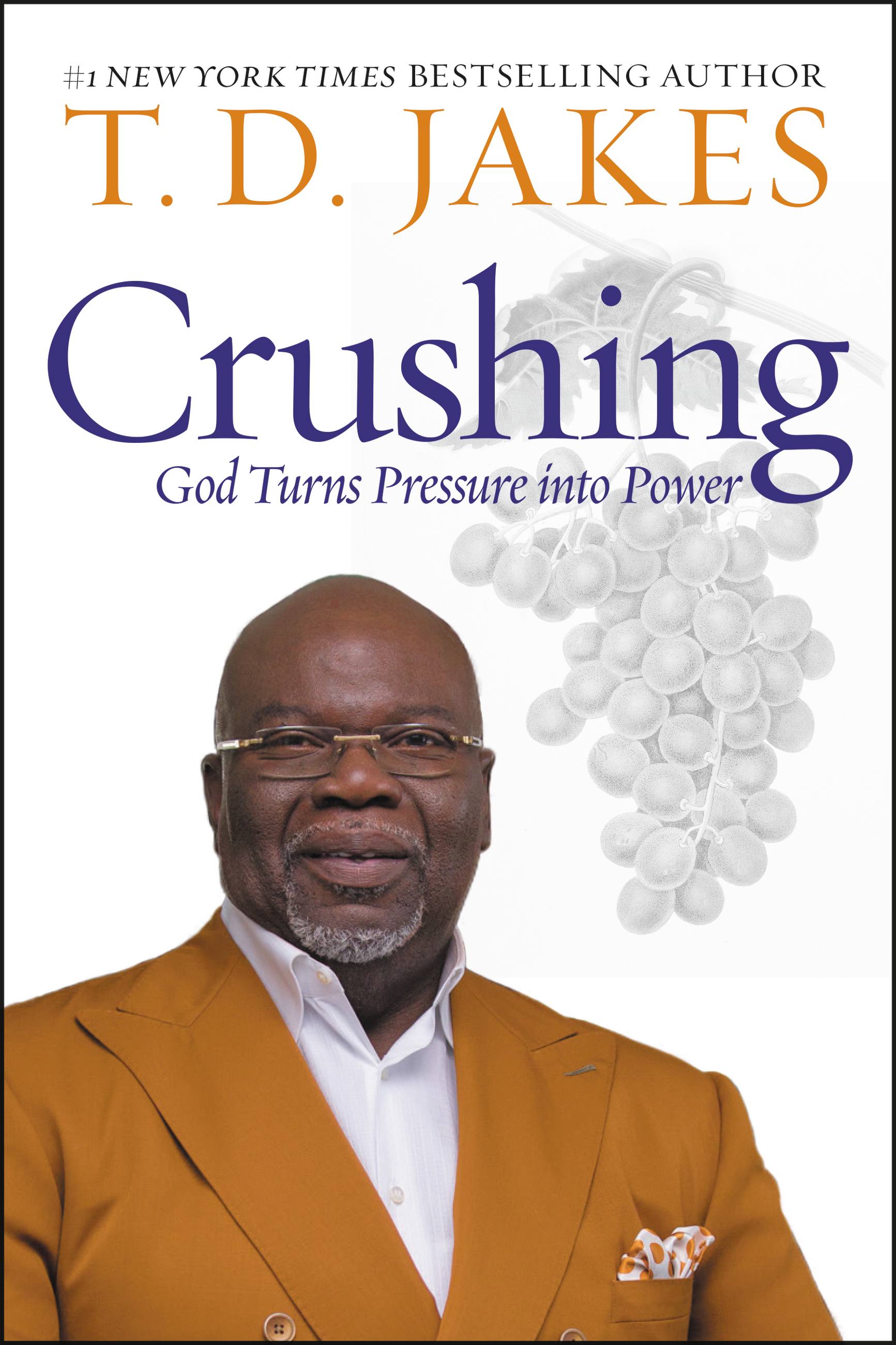Twentieth-Century Theologians
Twentieth-Century Theologians
One needs to be a lunatic to become a Christian, the 19th century Danish philosopher Soren Kierkegaard once observed. Had Kierkegaard lived in the 20th century he might have discerned even more of an obstacle to professing such faith. For during the ...
Read more
One needs to be a lunatic to become a Christian, the 19th century Danish philosopher Soren Kierkegaard once observed. Had Kierkegaard lived in the 20th century he might have discerned even more of an obstacle to professing such faith. For during the last century the human condition changed more rapidly than during any previous era, taking that condition far away from the very different historical circumstances in which Christianity was born. In his new book, Philip Kennedy explores the ways Christian theologians of the 20th century tried to live for themselves - and to promote to others - a productive religious life in a world overtaken by massive upheaval and technological innovation. The book is distinctive in a number of respects. First, it differs from other surveys of theology by adopting a primarily biographical method, examining the lives of its subjects in historical context. Second, it is more progressive than its competitors, covering many theologians other than white male professors - especially women - who have worked outside the academy or on the margins of the churches. Third, it is genuinely international, focusing on theologians in all the continents of the world (including Africa and Australasia) rather than just Europe or North America. Fourth, it makes no assumptions that its readers are religious or that theology is in some way uniquely true. Fifth, it avoids jargon or 'theologese' throughout, explaining the central ideas of the theologians in clear and accessible language. There is an urgent need for a sensitive new textbook reassessing the subject in the light of modern concerns and scepticism about religion. This book meets that need, and will appeal strongly to agnostics interested in the impact that major theological ideas have made on culture and society during the last century, as well as to undergraduate students seeking an objective and non-partisan survey of the whole field.
Less














.jpg)




.jpeg)









